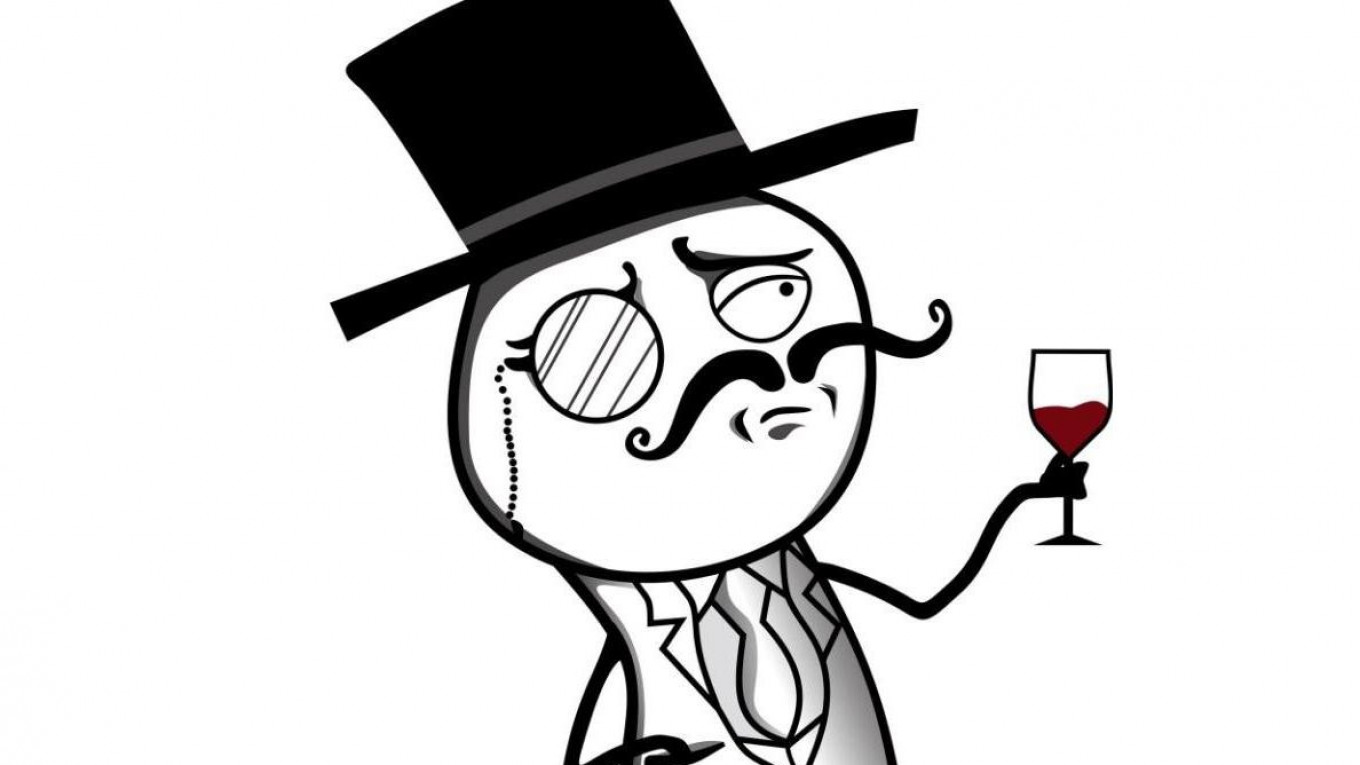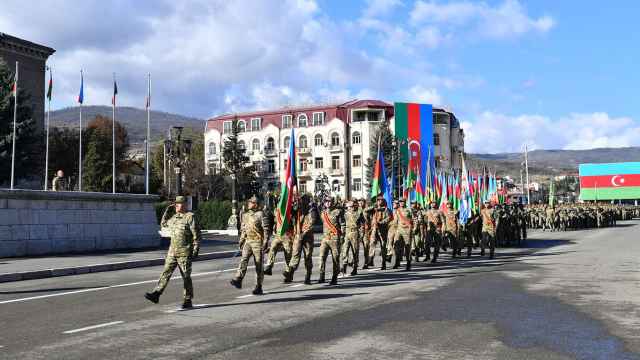Сударь: My good sir
Foreign readers of Russian literature always have trouble with the names — last names that change depending on gender; first names and patronymics; pet names that depend on the speaker, the speaker’s mood, and the age and behavior of the person being discussed. Particularly annoying are the nicknames that seem to have no connection with the full name, such as Шура for Александр. And then there are all those titles, which seem to change all the time and have a handful of translations.
Russian nobility is slightly confusing, but mostly because it changed over time. Here’s a little primer for all you secret monarchists out there.
Once upon a time there was князь, which is translated as prince but really meant king, as you can tell by the linguistic similarity. The wife of the князь or female leader was княгиня. The daughter of the князь was княжна. Aren't you happy to finally know that?
A long, long time ago, князь (prince) was the ruler of княжество (principality), but starting in the 10th century the ruler of what we call a city state or principality became called Великий князь (great or grand prince). Moscow had one, as did Tver, Smolensk and other important places. But as you probably know from history books, the московские великие князи (Moscow grand princes) began fighting, defeating, and coopting the other grand princes. And then, in 1547 Великий князь Иван IV — aka Иван Грозный (Ivan the Terrible, Awesome, Majestic, Really Cool Although With Certain Mental Health Issues, depending on your point of view and preferred translation) — decided that since he was now the ruler of великие князи, he needed a title that put him above them. So he Russified Caesar into царь (tsar), and crowned himself. The leader of всея Руси (all the Russias, which included all the principalities in what is now Russia, Ukraine — “Little Russia” —and Belarus — “White Russia”) was the царь until 1721, when Peter the Great decided that Император (Emperor) was a more appropriate title and tacked that on, too.
The confusing bit with the великие князи is this: after various tsars and emperors used the term in various ways, in the late 19th century, Alexander III decided to call all the children and grandchildren (through the sons) of the царь/император either великий князь or великая княжна, which should be Grand Prince and Grand Princess but is generally translated as Grand Duke and Grand Duchess. Because княжна is a daughter and княгиня is a contemporary of the князь, the wife of a Grand Duke is великая княгиня.
Other than that, Russia had only two additional noble titles, both added under Peter the Great: граф и графиня (Count and Countess) and барон и баронесса (Baron and Baroness). All the other noble titles you come across in 19th century Russian literature are Russian translations of European titles, like маркиз (Marquis) and герцог (Duke).
Sometimes барин is used to mean “the boss man” as in как барин хочет (whatever he wants — he’s the boss). And there is also a calque from English: oil barons are нефтяные бароны.
At the bottom of the nobility chart — or actually under it — are сударь and сударыня: once polite ways of addressing people in the upper classes, now pretentious ways of addressing diners in Ye Olde Russkie Яestaurants. Very annoying after the fifth time, and always difficult to translate. Ma’am and Sir are too modern and not quite sycophantic and Old Regime enough. I’d go with “my good sir” and “my dear lady.”
But that’s if I ran Ye Olde Russkie Яestaurant, made my wait staff wear silly fake pre-revolutionary clothes, and pretended that the clientele talking on their cell phones were actually highborn ladies and gents. Which is to say: когда рак на горе свистнет (when pigs fly).
Michele A. Berdy is a Moscow-based translator and interpreter, author of “The Russian Word’s Worth,” a collection of her columns.
A Message from The Moscow Times:
Dear readers,
We are facing unprecedented challenges. Russia's Prosecutor General's Office has designated The Moscow Times as an "undesirable" organization, criminalizing our work and putting our staff at risk of prosecution. This follows our earlier unjust labeling as a "foreign agent."
These actions are direct attempts to silence independent journalism in Russia. The authorities claim our work "discredits the decisions of the Russian leadership." We see things differently: we strive to provide accurate, unbiased reporting on Russia.
We, the journalists of The Moscow Times, refuse to be silenced. But to continue our work, we need your help.
Your support, no matter how small, makes a world of difference. If you can, please support us monthly starting from just $2. It's quick to set up, and every contribution makes a significant impact.
By supporting The Moscow Times, you're defending open, independent journalism in the face of repression. Thank you for standing with us.
Remind me later.








